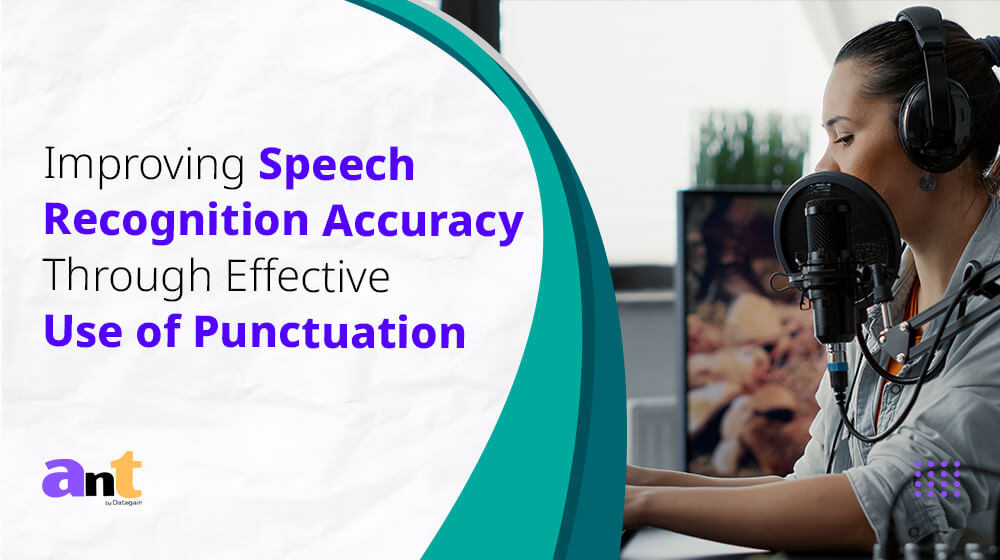Legal professionals increasingly rely on transcription services in today’s fast-paced legal environment. These services help streamline their workflow and improve productivity.
Introducing you to the meaning of legal transcription services
Legal transcription is converting spoken or recorded legal proceedings into a written document. These documents can include depositions, court hearings, trials, and legal sessions. Legal transcription services can provide a host of benefits to legal professionals.
The process of legal transcription service includes receiving the audio files and transcribing them. Audio is transcribed, and afterward, the document is proofread and reviewed, and then finally, the transcribed copy reaches you.
1. Accurate Transcription
All legal documents can be appropriately transcribed thanks to legal transcription services. Professional transcribers know legal jargon and practices and have received substantial training in these areas. They are adept at spotting and fixing mistakes in legal documentation, resulting in a precise and error-free final transcript. The transcripts curated by professional transcripts visit several rounds of proofreading and editing, which ensures quality in your legal transcripts
2. Time-saving
Transcribing legal documents can be time-consuming and can take away from other essential tasks. Outsourcing legal transcription services can save valuable time for legal professionals. Transcriptionists can complete the transcription work quickly and efficiently, allowing legal professionals to focus on other essential aspects of their work.
3. Cost-effective
Hiring a dedicated transcription team can be expensive for law firms. Outsourcing legal transcription services can be a cost-effective solution. Legal transcription companies often offer flexible pricing options, allowing law firms to pay only for the services they need. It can help reduce overhead costs, benefiting law firms of all sizes.
4. Improved Accessibility
Legal transcription services improve accessibility by making it easier for lawyers, law students, and legal professionals to access legal documents. They also help improve accessibility to legal proceedings for everyone involved. Transcribed documents can be easily shared and accessed by legal professionals, clients, and other involved parties.
5. Boosts Collaboration
The legal industry is indeed one of the most competitive and fast-paced industries in today’s market. With so much at stake, legal teams must work together seamlessly. It is where legal transcription services come in. Legal transcription services provide a cost-effective way for law firms to streamline their processes. It helps increase productivity by allowing them to collaborate more efficiently. For example, lawyers can review transcripts of client interviews or depositions in real-time, making it easier for them to discuss important points and reach a consensus on what should be included in the final document.
Creating a line between legal transcription services and court reporters
You now might think that legal transcription services and court reporters are the same. But that’s not the case; here are some critical differences between them:
Court reporters are typically present in the courtroom during legal proceedings. They use specialized equipment to create a verbatim record of everything said. They use stenography machines, shorthand, or voice writing technology to capture every spoken word in real time. They also record nonverbal cues like gestures and expressions and provide real-time transcription to lawyers and judges. Court reporters need to be certified and licensed. They may also provide related services like closed captioning, real-time translation, and video recording.
Legal transcription services involve transcribing audio or video recordings of legal proceedings after they have taken place. These recordings can include depositions, witness statements, court proceedings, and other legal events. Legal transcriptionists listen to the recordings and create written transcripts that are accurate, detailed, and formatted according to legal industry standards. They also edit and proofread their work for accuracy and completeness. Legal transcriptionists may work for legal firms, court reporting companies, or as independent contractors.
Connect with us
Legal transcription services are of immense importance. From improving accessibility to boosting collaboration, they can do a lot for you. The legal domain requires much time and effort with transcription; it can be made much more seamless. So, if you also hail from a legal background and wish to seek credible transcription services, then connect with us.

















